In this online age, no business can afford to remain traditional if it aims for sustainable growth and success. As such, having an online presence is vital, and it all starts with putting up a business website online. With that said, there is more to just outsourcing the task of creating the site; business owners must also know precisely how to go live for production.
Below, we go through the basics of web hosting as well as the essential checklist that all small businesses should consider before making a decision.
How web hosting works
Web hosting is essentially a service that makes it possible to get any personal or commercial website up and live on the internet. An organisation’s website and all of its contents - individual pages, product photos and videos, and everything else—gets stored on the web hosting provider’s server. These specialised computers handle numerous requests per day from clients who want to visit the company’s website.
Aside from these servers, web hosting providers also offer support for the service’s maintenance and management. However, it is important to note that cloud hosting services are not a one-size-fits-all solution. For instance, a blog hosting plan will significantly differ from an e-commerce hosting plan.
Moreover, web hosting providers will generally offer plans specific to business needs. Therefore, to get the best plan for your business, you must research exactly what you will get with your plan. With that out of the way, let us now go over what you should look for in a web hosting plan for your small business.
The web hosting essentials checklist
1. Speed
Most online users today will have little to no tolerance for slow-loading websites. Therefore, speedy performance is the first vital factor to consider when choosing a web hosting plan. One such variable that affects speed is the location of the hosting provider’s servers. The closer these servers are to your client’s geographical location, the quicker the data can reach them. Also, keep in mind that the standard benchmark for website load time is around 2 seconds. Any second longer than that will substantially increase your bounce rate.
2. Storage and bandwidth
Websites will naturally have plenty of high-resolution photos and videos of their products, services, and other content, which will need a significant amount of storage.
Bandwidth is defined as the speed at which these assets will travel to and from your site. Thus, if your business receives high traffic, you may want to go for a higher bandwidth plan. But given that most small businesses rarely host large amounts of media, this requirement may not be all too necessary.
It is important to note that bandwidth consumption will increase over time as you make more updates to your site or receive more visitors as your business grows. So think about the company’s future needs and make a decision accordingly.
3. Security
Cyber attacks are a constant threat to companies big and small. Given how a successful attack can lead to plenty of negative consequences, security is one area where business owners must never skimp on. When choosing a web hosting plan, look for those that include comprehensive security settings, features, tools, and technologies that prevent your site and servers from being breached by common types of website attacks. In addition, you must be able to set up your business’s SSL certificate, which allows for the encryption of connections between your site and your client’s computers.
4. Backups
Let’s say something goes wrong, like a successful cyberattack. In that instance, maintaining a backup of all of the company’s data can help reduce the problem and expedite the recovery and restart of normal activities. If anything occurs to the business’s data, without backups, everything is permanently lost. Backups may usually be scheduled in a variety of ways with most web hosting services. Getting the plan with automatic backups, on the other hand, is one less task to worry about.
5. Control panel
Time is money, so it is vital to access your web hosting control panel without hassle. No control panel is the same, and some will be far more user-friendly than others. As a rule of thumb, look for one that has a clean user interface and categorisation system for multiple related features so that you or your development team can be quick and efficient in administering the site.
6. CMS capabilities
Content is the heart of business’ marketing strategy. A Content Management System (CMS) is a tool that allows for the ease of adding, updating, and improving your website, which is arguably the most critical content source for a business. Choose plans that provide access to the popular CMS available today, such as WordPress, Drupal, or Joomla.
7. Support and add-ons
Besides speed, customer support is another critical factor to consider in a cloud hosting plan. This is because they are the experts you turn to whenever you have questions or problems with the service. For instance, if you are unsure of exactly how much storage or bandwidth your business site needs or which type of SSL certificate is the best choice, you will need a technical expert to guide you through your problems and provide helpful advice.
Apart from support, you may also want to see if your preferred hosting plan comes with additional services that help enhance your website’s security and functionality, such as business email hosting, 24/7 monitoring, and more.
Conclusion
Web hosting is a crucial piece in the puzzle of getting your business website up and running. Thus, it is only logical that much consideration must go into choosing the plan that is best suited for the needs of the business today and those that will come down the line.
Here at CLDY, we offer a full suite of cloud hosting plans designed to perform and fit your budget. With our money-back guarantee, you can now try us without risk—get in touch with our team today at [email protected]!










